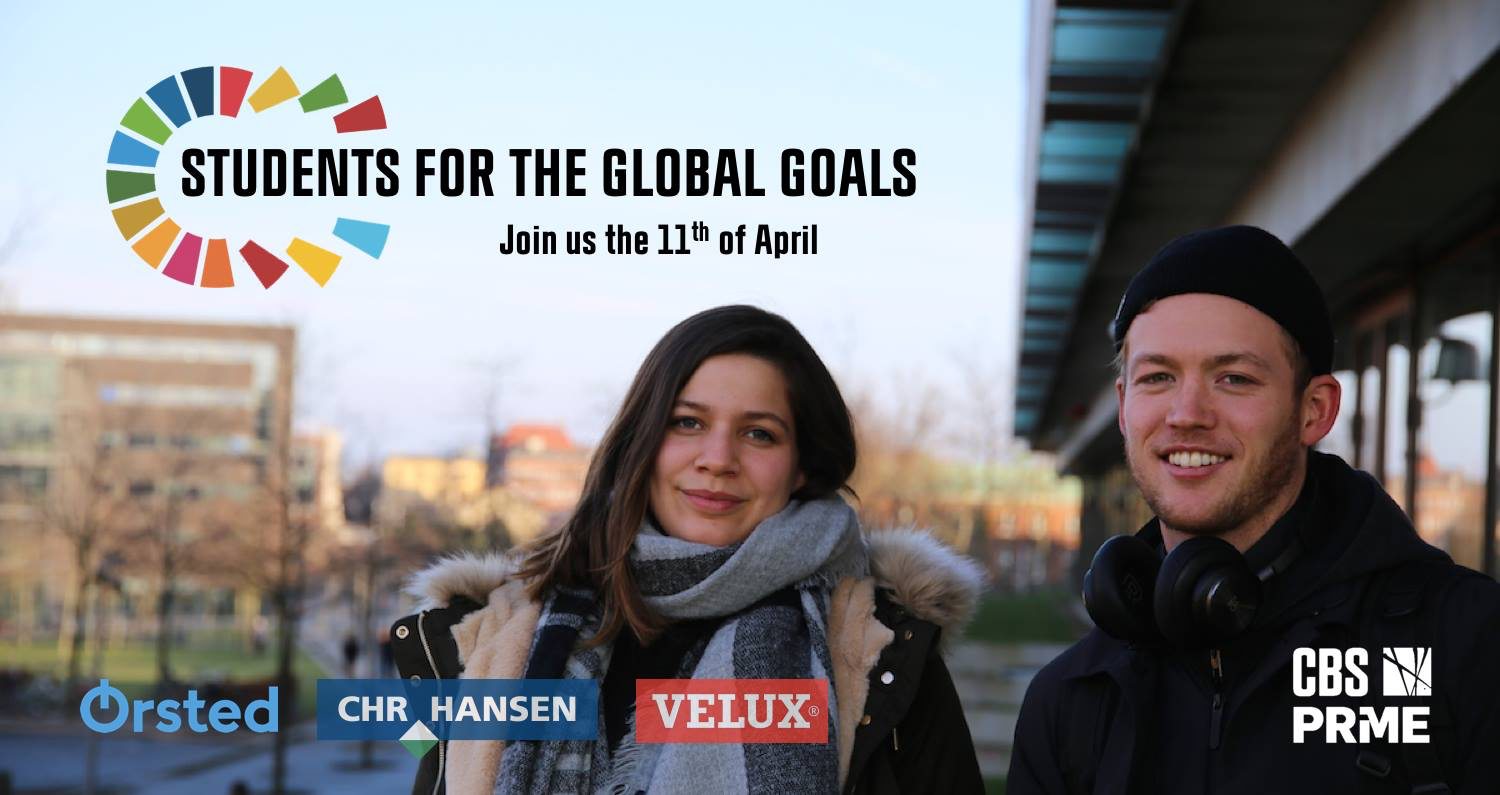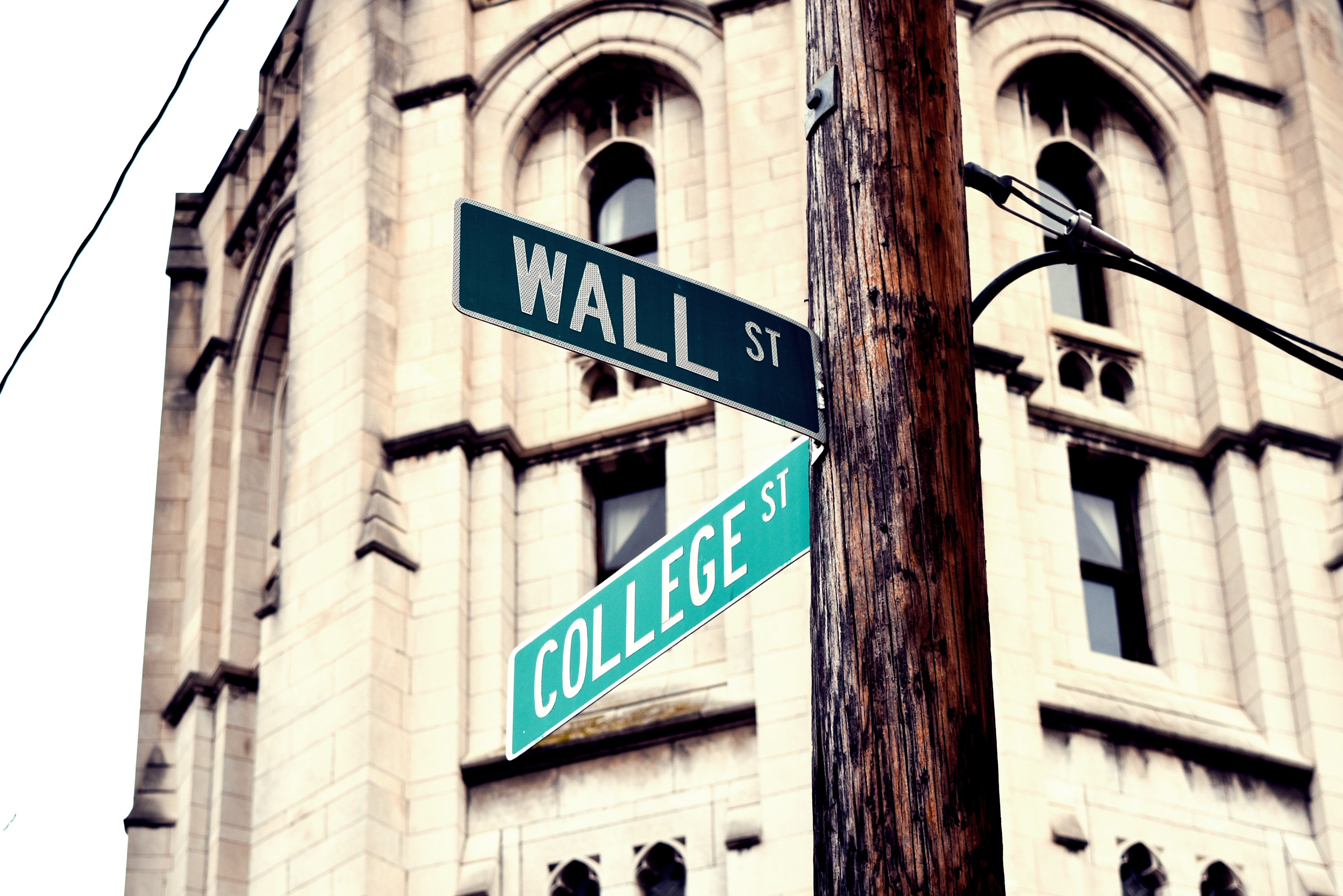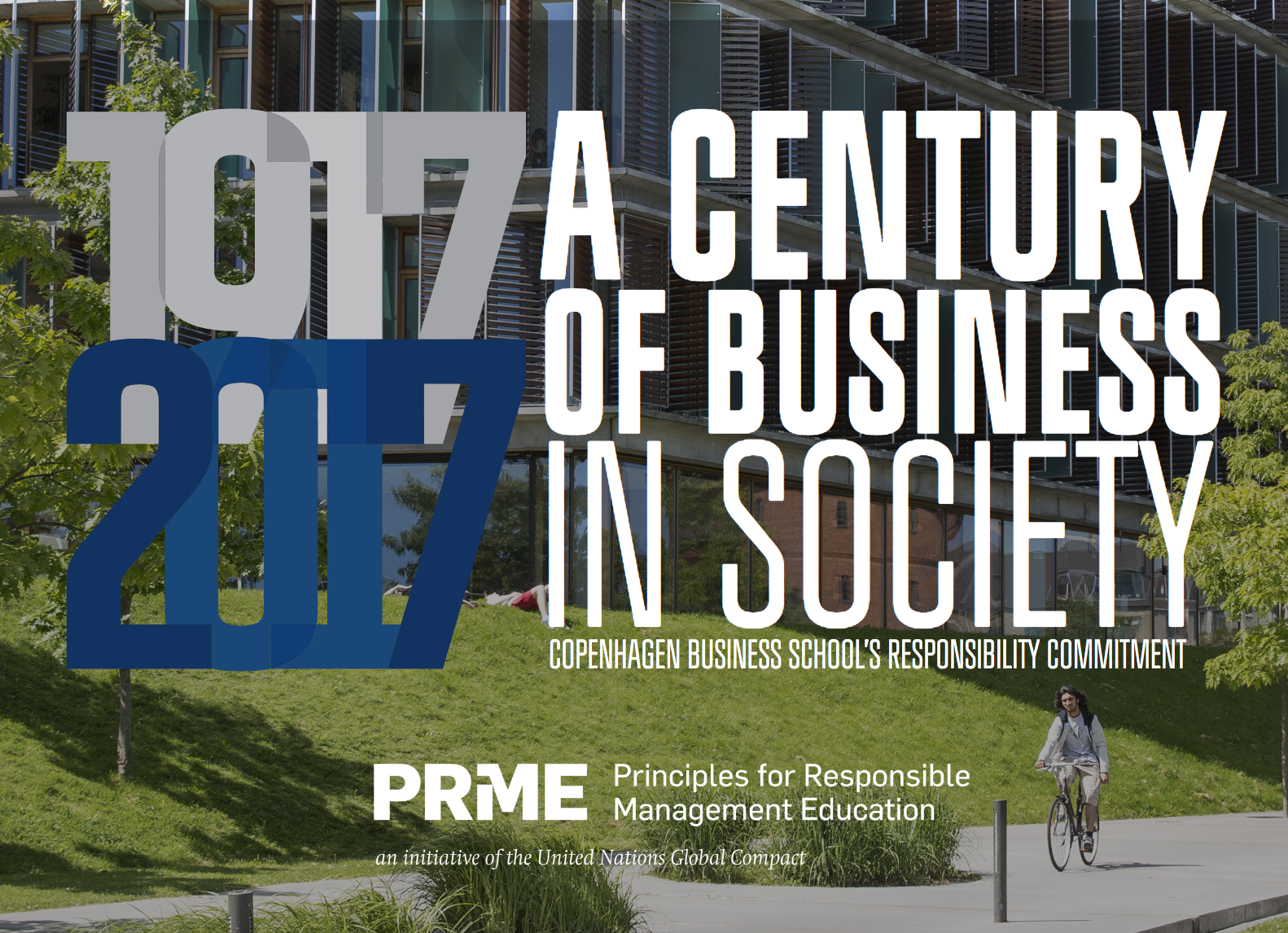By Louise Kofod Thomsen.
In September 2017, the CBS PRME office hosted a small SDG awareness event at Solbjerg Plads. At the event, the students were asked to answer a brief survey in order to assess their awareness of the SDGs. Out of the 108 students, 67,6 percent indicated that they did not know about the sustainable development goals. From the students who indicated that they knew about the goals, 82,9 % answered that they learned about them outside of CBS.
But let’s zoom out from CBS for a moment and look at some examples from Danish business society. The Danish Global Compact Network was launched on 24 October 2017. This marked an increased focus on the private sector’s crucial role in achieving the Sustainable Development Goals in Denmark. Another recent event was the launch of the SDG Accelerator, a DKK 3 billion initiative by the UNDP (UN Development Programme) in collaboration with Industriens Fond with the aim to empower 20 SMEs with competencies to work strategically with the SDGs.
Funded by the Carlsberg Foundation, UNLEASH was held for the first time in Aarhus in August 2017, and gathered 1000 talents (students and alumni) from around the world to spend 5 days developing concrete solutions to the SDGs. The list of SDG initiatives in corporate sector could go on, but this is just to state that the corporate sector is mobilizing, we are seeing more investments focusing on SDG activities and even the Danish Parliament now has a Cross-Political Network on the Global Goals.
There is no doubt that the SDGs will be a strong influencer on the strategies and activities of the above-mentioned stakeholders until 2030. In the light of these developments, can universities afford not to take action?
Students do not learn about the SDGs from CBS
It has been two years since the SDGs were launched, but when CBS PRME hosted the SDG awareness event in September 2017, that was the first time the SDGs were present at a public event at CBS. This is while the DANIDA (The Danish International Development Agency), in collaboration with the UNDP, has developed teaching material and platforms for Danish highschool students and teachers. Highschools now host theme weeks on the SDGs providing the students with knowledge, opinions and competencies related to the UN Sustainable Development Goals.
At university level, The Royal Danish Academy of Fine Arts Schools of Architecture, Design and Conservation (KADK) is now requiring all graduates to incorporate the SDGs into their final projects and DTU has established a team of 3 working closely with DTU top management on implementing the SDGs at the university.
While we should acknowledge the CBS courses including SDGs into curriculum and teaching, CBS needs to take a much stronger stand and acknowledge the SDGs as a crucial part of all business education. It is time we break down the belief that the SDGs are not part of e.g. finance and accounting and acknowledge that sustainable development are relevant for all discplines and practises if you want a sound and longlasting business.
Universities can benefit greatly from engaging in the SDGs
A report developed by the Sustainable Development Solutions Network in collaboration with Monash University, University of Wellington and Macquarie University argues that universities not only have a critical role to play in achieving the SDGs, but will also benefit greatly from doing so. Among the benefits, the report mentions an increased demand for SDG related education, a framework for demonstrating impact, accessing of new funding streams and collaboration with new external and internal partners. Evident of this is PRMEs upcoming SDG Day 11 April with 13 student organizations coordinating a full day of SDG activities and events all funded by Chr. Hansen, VELUX and Ørsted who got engaged when they heard “SDGs in a business context”.
Education is at the core of achieving the SDGs, and universities are with their teaching and research activities of fundamental importance to the implementation of the goals. The SDGs are a global framework and shared language and understanding of the world’s development with strong buy-ins from governments, business, civil society, foundations and other universities. CBS can benefit greatly from this support and use the SDG platform to position itself as a meaningful contributor in the areas of research and education.
Next step – reach, engage and educate the 67 percent of CBS students, who have never heard of the SDGs.
Louise Thomsen is Project Manager for CBS PRME and the VELUX Chair in Corporate Sustainability at the Department of Management, Society and Communication, CBS. Her areas of interest are sustainable consumption, innovation, student engagement, education and partnerships for sustainable development. Follow her on LinkedIn and Twitter.
Pic by CBS PRME.


